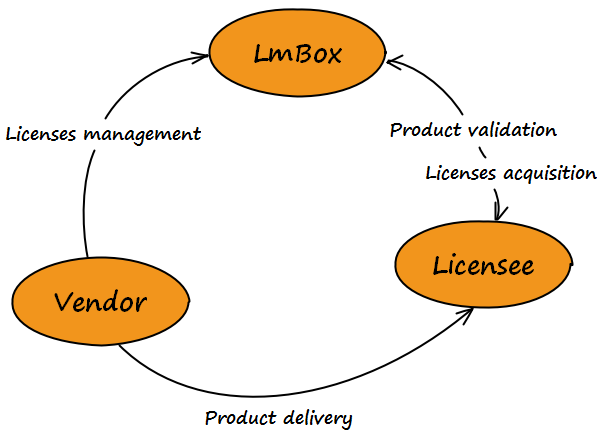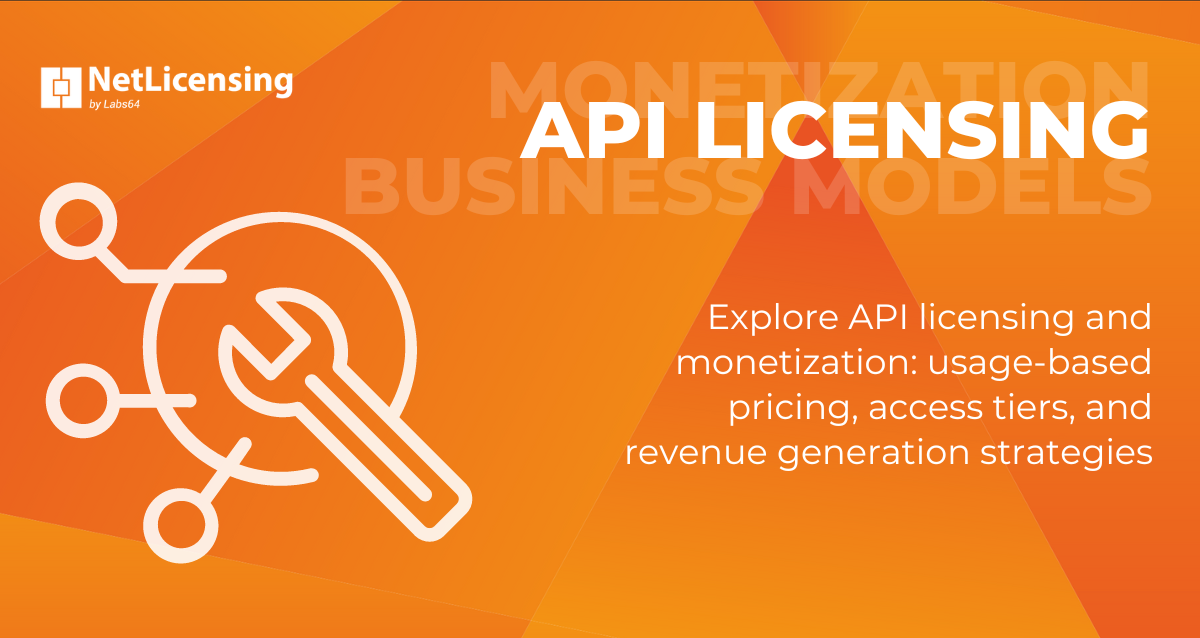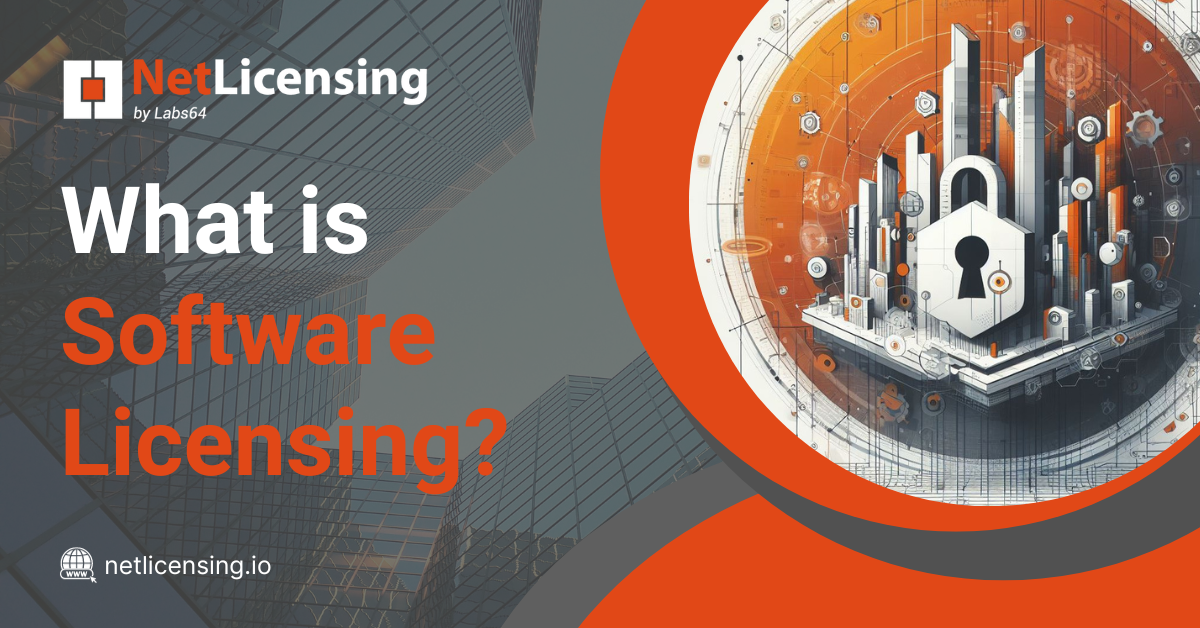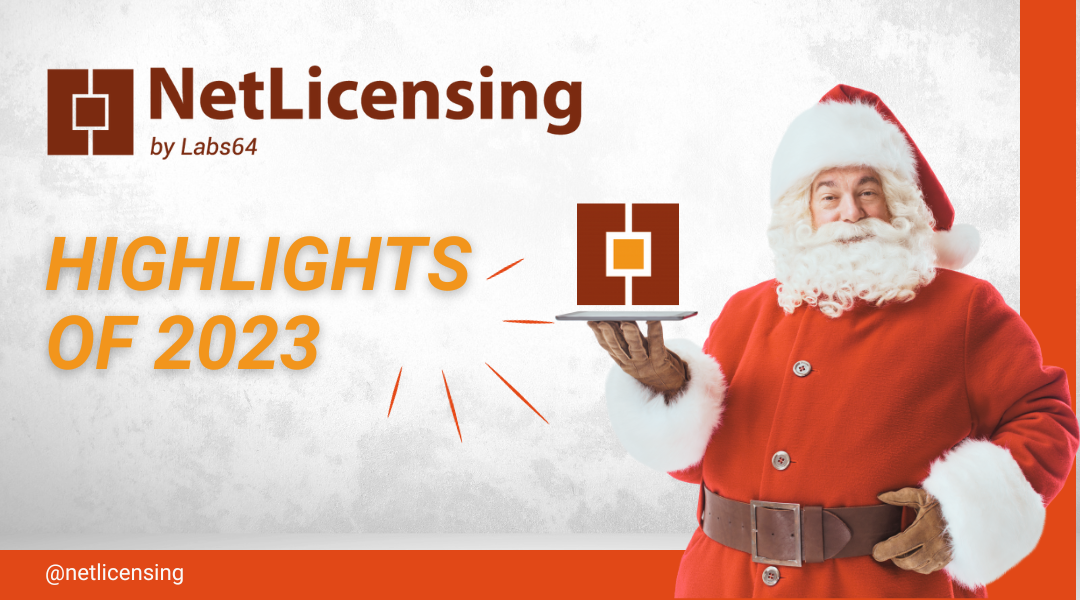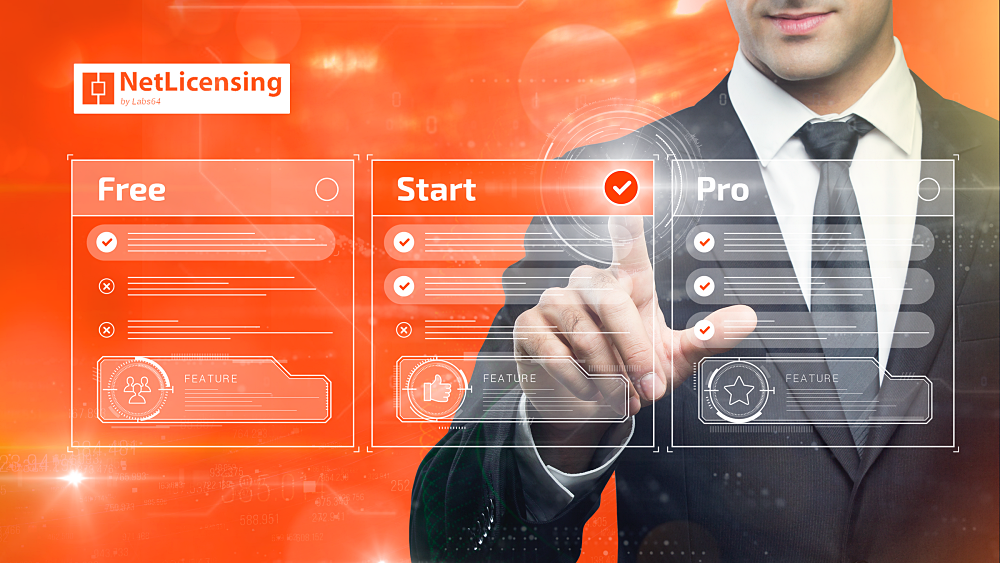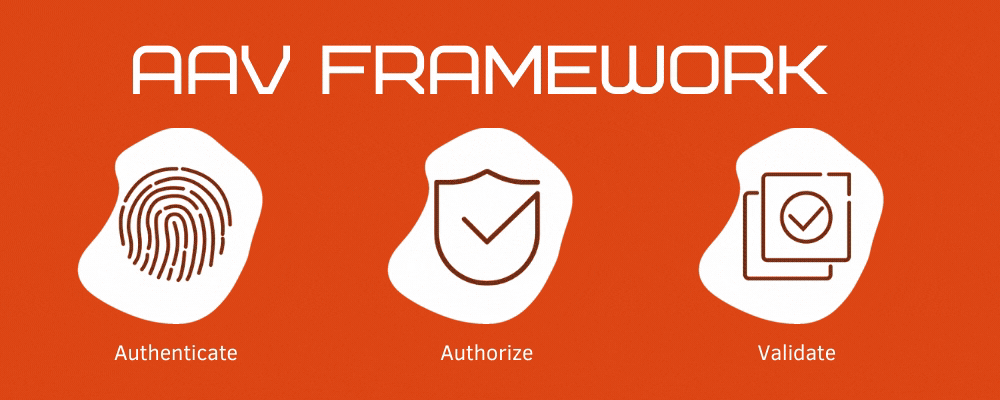Software Licensing Models – Types, Sizes and Uses
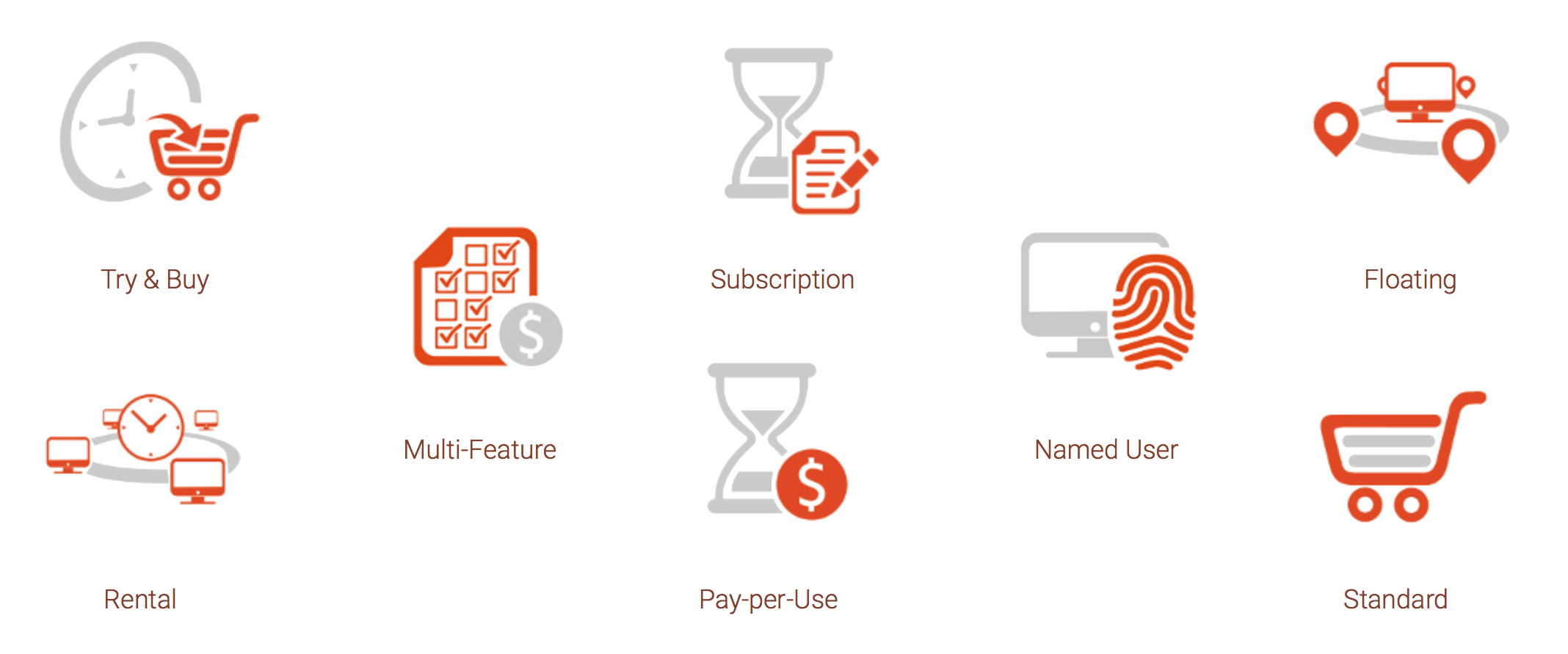
If you’ve ever purchased a piece of software you’ll have been given a software license key by the manufacturer. This would either have come in the case or have been sent out in the software documentation. The Software License Key is the unique string of numbers and letters which identifies the software as legitimate and which enables you to use all of the features it has to offer.
There are numerous types of software license model, and this article is not going to go into too much detail about each and every variable. Software licensing can easily become confusing and for the majority of the time there will only be a handful of which you will need to be aware. This article will look at End User License Agreements (or Single User Licensing), Pay-Per-Use, Sharing Licenses and Site License. These are the four most common forms of license which a small to medium size business will use.
This article will be a discussion of the different benefits and drawbacks of each model. There will also be some discussion of the different contexts in which these models can be used.
End User License Agreement
The most commonly used type of license is the End User License Agreement (EULA) – this is used for all of the paid-for software used on personal computers and is likely to be the model adopted by small businesses and new start-ups. Every new copy of a piece of software which is installed has its own unique license code, regardless of whether or not it has previously been installed.
In the home and small business setting this is normally fine. It does not require your customers to do any additional registration and means that they literally buy a new copy each time they want a new copy of the software. It is worthwhile noting that with 99% of software, once they either have the installation file or the CD/DVD you will just need to supply them with a new software license key for each installation.
This model is also applicable in a larger business context – where a unique purchase is being made. For example: if a member of staff needs to use Adobe Photoshop as a part of their work, but it is only them who needs it, then the customer only needs to purchase a EULA.
A registered copy of a EULA license can only be installed on one machine at a time, and it may be that if your customers want to upgrade or change their main computer they will need to contact the manufacturer directly to re-register the software. They will also need to make a new purchase each time you want to install the software on an additional computer. Once they have placed their order with you, you can then send them a new software license key.
Pay-Per-Use
A Pay-Per-Use license is just that, how much your customers pay is dependent on their usage of the software. This can make some of the more expensive software affordable to smaller businesses. The cost measurement varies between manufacturers and can be dependent on a number of factors such as hours of use, program specific metrics and CPU usage. This can often suit businesses whose need for software fluctuates over time. This means that when the software is not being used, they are not paying as much for the license. This helps to save your customers money and means that they are not paying for software which they are not using.
The only drawback of a Pay-Per-Use is that it can become very expensive if the software is being heavily used, and it may be that your customers would benefit more from purchasing a full software license.
Sharing License
The Sharing License (also known as Duplicate Grouping) is where the license specifies a set number of uses of the same piece of software for a single user – the business. This is helpful for businesses that need to steadily grow their computer usage but do not yet need to purchase a Site License. The precise terms of a shared license vary between manufacturers and it is worthwhile getting to know the differences between shared licenses for all of the software which you supply. It is worth remembering that some Shared Licenses also come with the option to expand the license coverage after purchase – where customers can pay to expand the number of permitted uses of the software.
Site License
If you are supplying a medium to large business, and they want to install the same piece of software on many or all of their machines, then you will be best off purchasing a site license. Site Licenses can often seem expensive at first purchase, however, when you consider that many site license packages allow for installation on an unlimited number of machines – provided they are for the same business customer, their value significantly increases.
It is because of this flexibility of use that the site license becomes significantly cheaper over time than buying a new EULA for each computer, or using a Pay-Per-Use license. As attractive as the ability to run an unlimited number of copies of the same piece of software can be, Site Licenses are only worthwhile if their bulk cost comes to less than the cost of just using a Pay-Per-Use. If your customers are regularly purchasing new computers; have a specific piece of software which they want installed on each and every one and want to streamline the set up process– they will see huge benefits from buying a site license.
However, if they are only going to be purchasing computers on an ad hoc basis, a site license will take a long time to fulfil its value.
The major advantage of a site license from your perspective as the vendor is that you only need to bill the customer once, meaning that you make the largest profit margin.
This is only a brief over-view of software licensing. It has covered those which are most frequently used by businesses. There are many different types of license available and it is always worth researching your options. There will be more in-depth discussion of software licensing in the future, exploring models such as Beta, Package and Development licenses.
Hopefully that was interesting and that it went some way to helping you understand the complex world of Software Licensing Types!
Image Credits: Labs64

